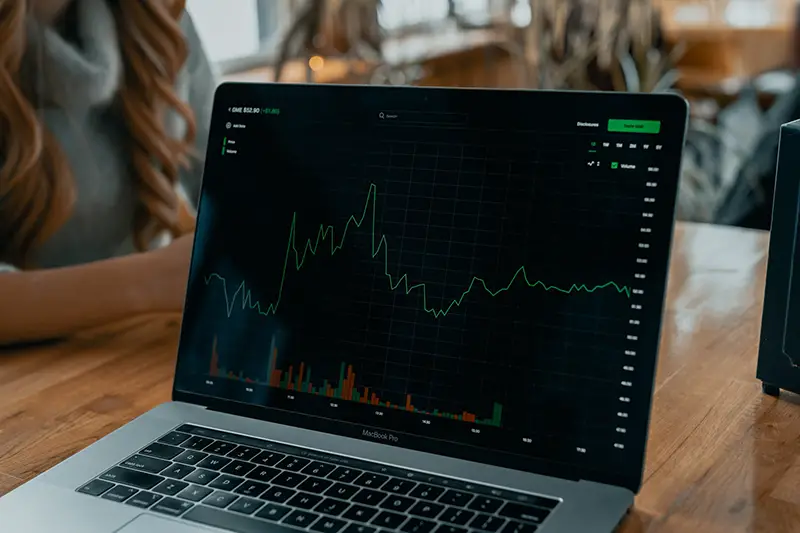Click here to get this post in PDF
Coinbase and Poloniex are two cryptocurrency exchanges that share certain characteristics and target a similar consumer base. We’ll compare the main features of both exchanges and how both will benefit various groups of investors!
Overall Reputation
Among crypto exchanges, Coinbase is widely known as the most competent and trustworthy. Coinbase is seen as a “secure harbor analogous to Goldman Sachs or J.P. Morgan in an environment of robber barons” for both the blockchain industry and more conventional investors, according to venture capitalist Fred Wilson.
On the other hand, it will be hard to find users who praise Poloniex as much as they do. The majority of people mention their poor customer support, which we’ll discuss more later.
Customer Service
Coinbase and Poloniex aren’t earning any prizes for client experience in the conventional non-crypto world. Although Coinbase’s customer service has been criticized, it has been praised for its new introduction of phone customer service, which is a virtually disruptive move in cryptocurrency trading.
Poloniex does much lower in this category. Customer service consists of a FAQ segment and a mechanism for submitting assistance tickets, all of which entail different signup and password from the regular Poloniex account. Poloniex has a reputation for freezing customer accounts, halting deposits, and refusing customer support questions, according to every cryptocurrency website.
Regulatory Compliance and the Company’s Background
Coinbase was established in 2012 in San Francisco and is funded by prominent venture capital firms such as Union Square Ventures and Andreessen Horowitz. Because of its durability, security, and regulatory enforcement have a high level of confidence in the crypto world. Coinbase is authorized to conduct money transfers in most US jurisdictions and is accredited with FinCEN as a Money Services Company, according to the Coinbase website.
Poloniex has been in operation since 2014, but its management and ownership remain a mystery. It’s a Delaware LLC, but it appears to be “a distributed organization with a key base in the Boston region” rather than having a physical headquarters.
Poloniex is less forthcoming regarding its adherence to regulatory enforcement. Still, they have stopped activities in some US states as mandated by state regulation, demonstrating a desire to function under regulatory structures.
Investment Security
Coinbase excels in the field of security, having never been compromised in its five years of operation, at least to the best of our knowledge. Coinbase stores 98 percent of the digital money offline in safe vaults globally, while the remaining 2% is insured online by a Lloyd’s of London scheme. The FDIC insures fiat currency kept with Coinbase up to $250K per account.
Poloniex, unlike Coinbase, does not insure all of its digital currencies kept electronically, while most consumer funds are currently deposited safely offline (“cold storage”). Poloniex’s accounts were also compromised in March 2014, resulting in the theft of 97 BTC, but Poloniex allegedly reimbursed all impacted customers in full to its credit.
If the user’s encryption is breached, no exchange would be found responsible. To that end, two-factor authentication (2FA), which is available on both Coinbase and Poloniex, is crucial.
To create one-time 2FA codes, keep in mind using the Google Authenticator or maybe a similar app, as text message-based 2FA makes it possible for your mobile number to be cloned by an unauthorized person.
Fees
Coinbase charges a 1.49 percent fee on all cryptocurrency transactions and withdrawals made via bank accounts and Coinbase USD wallets. There is also a 3.99 percent fee for purchases made through credit/debit cards and withdrawals made through Paypal for its main retail exchange company.
Poloniex’s fee structure is often based on the maker-taker concept. The rate is 0.15 percent for Makers and 0.25 percent for Takers (consumers) with a 30-day trailing trading value of 600 BTC or less.
You may also like: 5 Most Preferred and Secure Bitcoin Wallets of 2021
Image source: Unsplash.com

